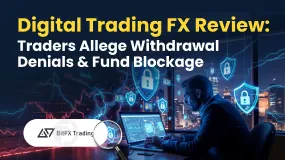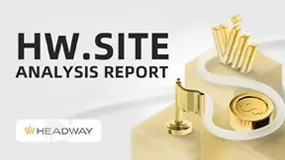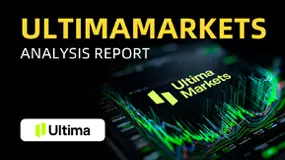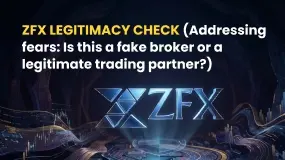Abstract:A new tax and financial legislation for digital assets is being developed in South Africa. According to Joon Chong, a lawyer at the South African law firm Webber Wentzel, these new regulations might present investors in digital assets with enormous tax reporting issues.
The challenge would arise from describing the legal meaning the nation is assigning to the asset class, Chong said in an opinion post she penned for top South African business and financial news source Fin24.
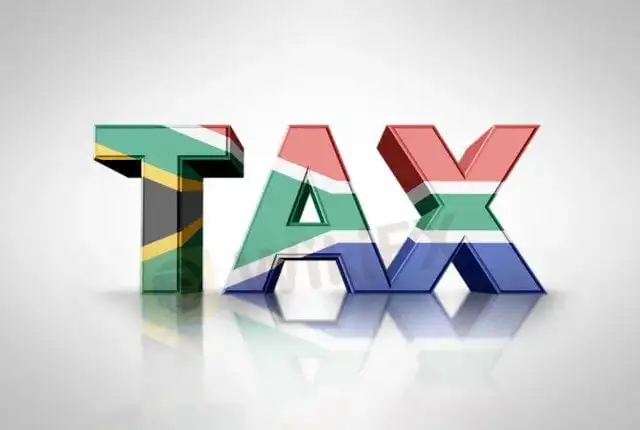
Digital assets are anything that is kept on a distributed ledger in a decentralized network, according to the South African Revenue Service (SARS). This includes both money and non-currency assets like NFTs, security tokens and utility tokens. They fall under the Income Tax Act 58 of 1962 (ITA) as a result of this definition, and as a result, their sale will be subject to the “ordinary income tax procedures for financial instruments such as equity shares or unit trusts.”
These regulations classify assets as either capital assets or assets that generate income. This raises the issue of which classification any disposition of a digital asset falls under and if it would be considered a taxable event. Investors in digital assets, however, may find it challenging to demonstrate that their gains or losses from sales are of a capital character because
The crucial factor in evaluating whether profits or losses from the sale of crypto assets are of a capital or income type is the taxpayer's purpose. Due to the high risk and volatility character of this asset class, taxpayers must work harder to demonstrate that their profits or losses are capital in nature, she added.
South Africans should get ready for the new system, Chong said, since the South African Reserve Bank (SARB) has set a 12- to 18-month deadline for the completion of its new AML/CFT and taxation framework for digital assets.
South Africa's battles with nefarious players in the market for digital assets
The string of high-profile digital asset frauds that have been reported in South Africa are substantially to blame for the country's decision to regulate digital assets. The $3.8 billion Africrypt scam is only one example of the country's market-moving fraud cases.
South Africa hopes to introduce a central bank digital currency (CBDC) in addition to the proposed legislation to promote the secure use of digital currencies. An inter-bank operability test was one of several rounds of testing the CBDC underwent by the SARB.




